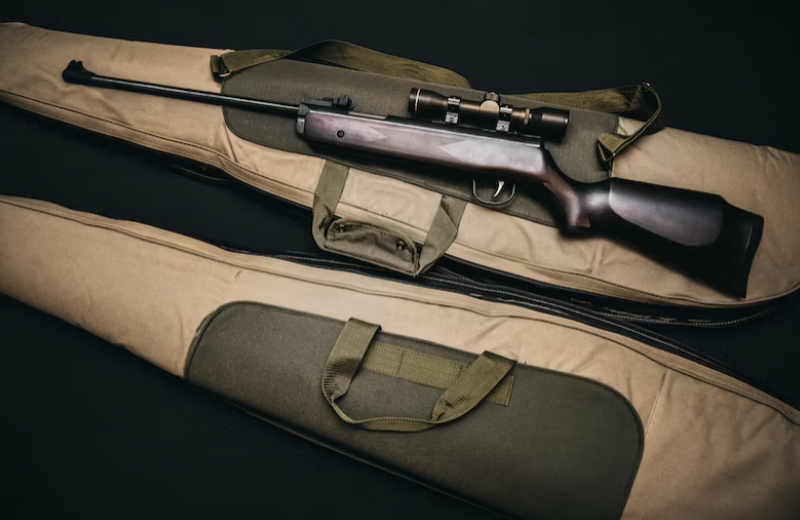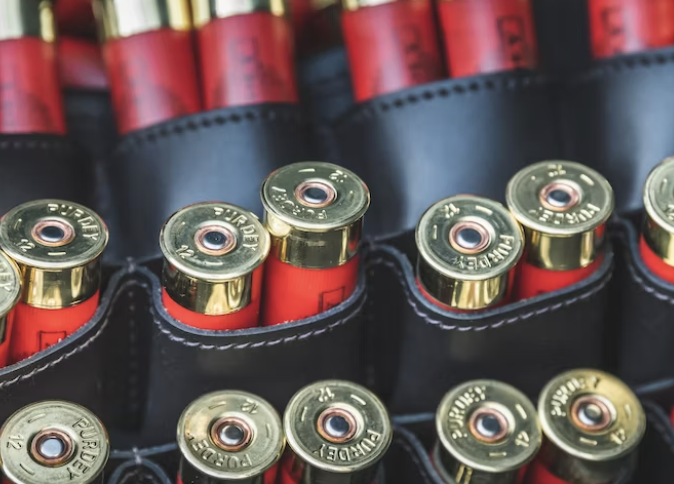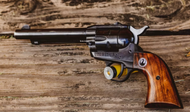Where Should You Put A Gun Safe In Your House?
Jun 13th 2023
When it comes to storing firearms safely, the location of your gun safe plays a crucial role. You want to ensure that your guns are protected from theft, unauthorized access, and damage, while also considering accessibility in case of emergencies. Here are a few factors to consider when deciding where to place your gun safe in your house.
First, you should prioritize a location that provides maximum security. One of the best options is to install the gun safe in a dedicated room or area with limited access, such as a basement or a study room. These areas are often less frequented by guests and offer an extra layer of protection against burglaries. Furthermore, placing the gun safe in a secure room allows you to implement additional security measures, such as an alarm system or surveillance cameras, to enhance the overall safety of your firearms.
Another important aspect to consider is accessibility. In the event of an emergency, quick access to your firearms can be crucial. Therefore, it is advisable to position the gun safe in a location that allows for easy and fast retrieval. A bedroom or a home office on the main floor of your house may be ideal for quick access, especially if you spend a significant amount of time in these areas. Remember, the primary purpose of a gun safe is to provide secure storage, but it should also allow you to retrieve your firearms promptly when needed.
What Room In The House Is Best For A Gun Safe?
When determining the best room for a gun safe in your house, consider factors such as security, accessibility, and the layout of your home. While each house is unique, there are a few commonly chosen rooms that may be suitable for housing a gun safe.
One popular choice is a master bedroom or a walk-in closet within the bedroom. These areas often offer a certain level of privacy and limited access, making them a good option for secure storage. Additionally, having a gun safe in close proximity to your bedroom allows for quick access during nighttime emergencies.
Another viable option is a basement or a dedicated storage room. These areas are typically secluded and less frequented by visitors, providing an extra layer of security for your firearms. If you choose to place the gun safe in the basement, ensure it is protected from potential flooding or water damage by elevating it or using moisture-absorbing materials.

Should A Gun Safe Be In A Closet?
While a closet can be a convenient and inconspicuous location for a gun safe, there are some considerations to keep in mind before making a decision. Placing a gun safe in a closet can be a suitable choice if certain precautions are taken.
First and foremost, ensure that the closet is large enough to accommodate the gun safe and provide sufficient space for easy access. It's important to have enough room to open the safe's door fully and retrieve your firearms without any obstructions or difficulty.
Additionally, consider the security of the closet. If the closet has a standard door or is easily accessible, it may not provide the desired level of protection against theft or unauthorized access. In such cases, it is crucial to reinforce the closet door with sturdy locks or consider installing a security door to enhance the overall security of the gun safe.
Lastly, be mindful of the closet's ventilation. Gun safes generate heat, especially if equipped with electronic locks or lights. Ensure that the closet has proper ventilation to dissipate heat and prevent any potential damage to the firearms stored inside the safe.
Will A Gun Safe Be Ok In Garage?
While the garage may seem like a convenient location for a gun safe, it is generally not the most recommended option. Garages are often vulnerable to theft, temperature fluctuations, and humidity, which can pose risks to the security and condition of your firearms.
Garages are relatively easier for burglars to access compared to the main living areas of your house. Garage doors and windows can be targeted, providing potential thieves with an opportunity to break in and steal your firearms. Moreover, garages are typically less secure in terms of surveillance and alarm systems, making them a less desirable choice for storing valuable possessions like firearms
Furthermore, garages are subject to wide temperature variations and high humidity levels, which can negatively impact the condition of your firearms. Extreme temperatures and humidity can lead to rust, corrosion, and damage to the firearms' components. Moisture and condensation can also affect the safe's locking mechanism, potentially compromising its security over time.

Conclusion
When deciding where to place your gun safe in your house, prioritize security, accessibility, and environmental factors. Consider dedicating a secure room or area, such as a basement or a study room, for the gun safe, ensuring it is protected with additional security measures if necessary. Bedrooms or home offices on the main floor can provide quick access during emergencies. While a closet may be suitable, ensure it has sufficient space, reinforced security, and proper ventilation. Avoid placing the gun safe in the garage due to increased vulnerability to theft, temperature fluctuations, and humidity. By carefully considering these factors, you can find the optimal location for your gun safe, ensuring the safety and protection of your firearms.


